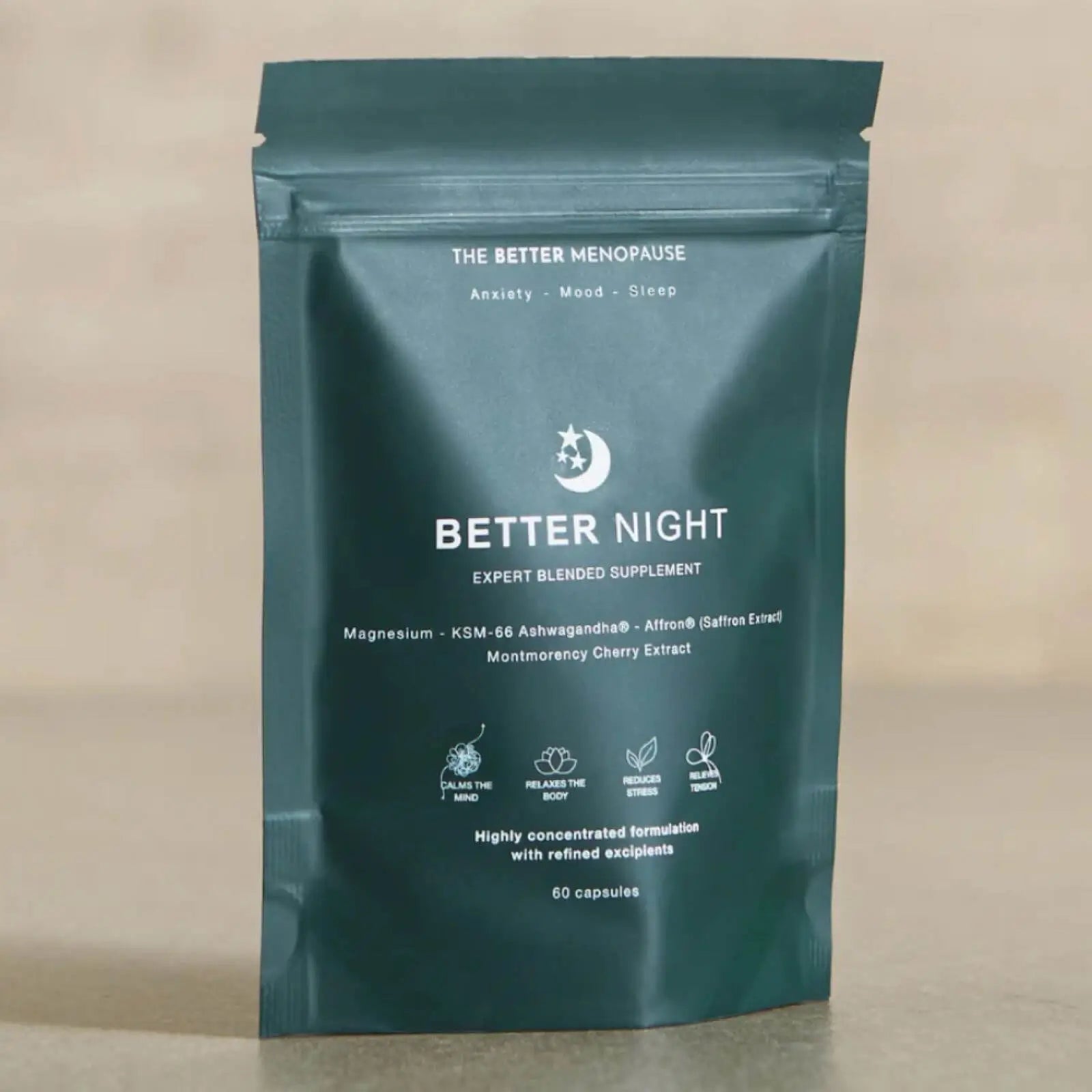
Rekindling desire: Navigating libido loss during menopause
During the journey through perimenopause and menopause, a decline in sexual desire is a shared experience among many women. Studies suggest that nearly half of women encounter some level of libido reduction during this period. Accompanying symptoms such as vaginal dryness and discomfort during intercourse, alongside a lowered drive for sexual activity, are not uncommon. Recognising that these changes are a normal part of the menopausal transition is crucial; rest assured, you are not navigating this path alone.
Understanding menopause and libido loss
The intricacies behind a diminished libido are rooted in both hormonal alterations and the stresses of life's circumstances. The challenges of significant life transitions—whether it be dealing with adolescent children, adjusting to an empty nest, caregiving for elderly parents, or workplace pressures—can profoundly impact one's sexual desire. Additionally, the effects of long-term partnerships and the natural ageing process, highlighted by menopausal symptoms and weight changes, contribute to this complex issue.The onset of perimenopause brings with it hormonal fluctuations that influence the production of critical hormones such as progesterone, oestrogen, and testosterone, all of which play a pivotal role in sexual desire. A notable decrease in testosterone, which is essential for libido, occurs significantly from the ages of 20 to 45. The reduction in oestrogen levels can lead to physical discomforts like vaginal dryness and thinning of the vaginal wall, making intercourse uncomfortable or even painful, further affecting sexual desire and responsiveness.
Mental health factors such as stress, anxiety, and depression also play a significant role in diminishing sexual interest. With the mind preoccupied by other concerns, sexual desire can often take a backseat. Moreover, symptoms including hot flushes, body changes, weight gain, irregular periods, and fatigue are hardly conducive to feeling sexually attractive.
Holistic strategies for enhancing libido during menopause
While Hormone Replacement Therapy (HRT) has traditionally been sought for addressing hormonal imbalances, a holistic approach, encompassing lifestyle changes and natural interventions, is increasingly recommended to enhance sexual health:Probiotics
Integrating probiotics into your daily regimen can significantly impact your overall health and, consequently, your libido. Probiotics aid in maintaining a balanced vaginal flora, potentially mitigating discomfort and infections, thereby supporting a healthier sexual life - The Better Gut probiotic contains two strains of bacteria - Lactobacillus rhamnosus and Lactobacillus acidophilus - chosen for their scientific evidence in helping relieve vaginal dryness and UTIs,

Lubrication
Natural, pH-balanced vaginal moisturisers are key in alleviating dryness.Diet
Emphasise a diet low in sugars and saturated fats. A balanced diet rich in proteins and omega-3 fatty acids can improve energy levels and self-image, positively influencing your libido.
Supplements
Consider natural supplements like ginkgo, ginseng, fenugreek, and maca, which have been known to support sexual desire.
Exercise
A mere 20 minutes of daily exercise can boost mood and energy levels, enhancing your self-perception and, by extension, your sexual attractiveness.Communication
Maintaining open and honest communication with your partner is crucial. Discussing the changes in your sexual desires openly can help strengthen your relationship and mutual understanding.
Our resident menopause doctor, Dr. Shahzadi Harper highlights, "The combination of physical and emotional changes during menopause significantly affects sexual satisfaction. The majority of physical discomforts, primarily stemming from declining oestrogen levels, can become longstanding issues if not addressed. It's imperative to discuss your concerns with a healthcare provider and explore comprehensive strategies to rejuvenate your sexual vitality."
Summary
This Valentine's Day, let's open the conversation about menopausal changes and explore holistic ways to enhance intimacy and reconnect with our desires.Remember, the journey through menopause is a shared experience, and support is available to navigate this chapter with confidence and positivity.
Sign up for our newsletter for insight, special offers, and inspiration.
© 2026 The Better Menopause. All rights reserved *These statements have not been evaluated by the Food and Drug Administration. This product is not intended to diagnose, treat, cure, or prevent any disease. *Food supplements are not intended to diagnose, treat, cure or prevent any disease and should not be used as a substitute for a varied diet and healthy lifestyle. While our product may offer benefits for many individuals, we strongly recommend that your diet includes rich sources of natural probiotics, too.


